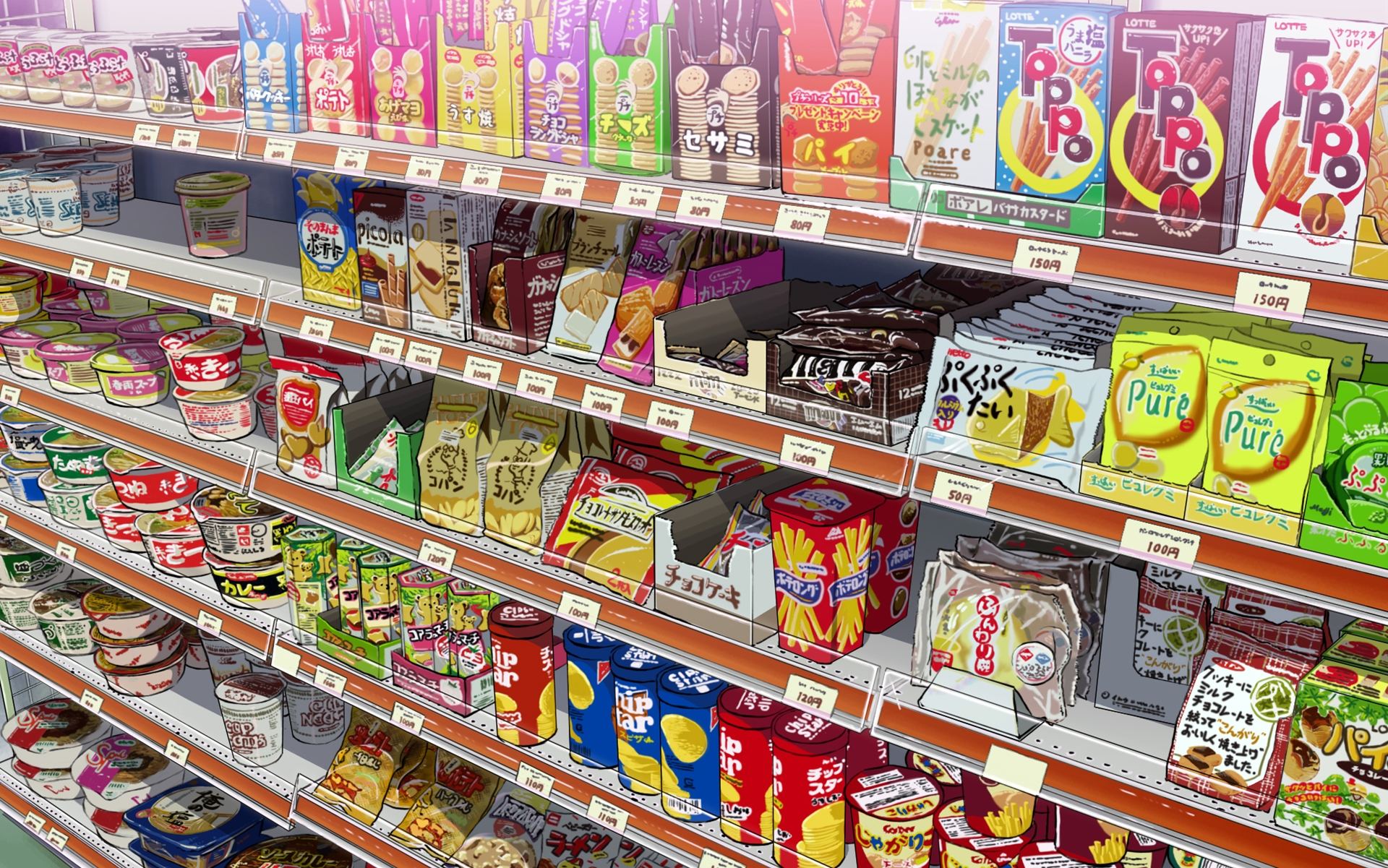
Privacy statement: Your privacy is very important to Us. Our company promises not to disclose your personal information to any external company with out your explicit permission.

Under normal circumstances, we feel hungry when we have burnt up the food we have eaten as energy and our blood sugar and insulin levels begin to drop. Ghrelin, a hormone connected to appetite, then communicates this to the brain, which is how we feel the need to eat.
But all sorts of things can interfere with this process.
1 When you are tired
According to a 2011 study by researchers at Columbia University in the US, those who are sleep-deprived eat almost 300 calories a day more than those who get enough sleep. This is because levels of the hormone ghrelin, which tells the brain we need to eat, increase when we don't get enough sleep.
The Columbia researchers noted that the women who didn't get enough sleep took in more fat rising by around 30g on sleep-deprived days - four times as much as the average increase for men.
2 Troubled times
In a 2013 study, people who were primed to expect "tough times ahead" ate more food than people who listened to neutral messages.
It's thought that hearing about troubled times causes a survival instinct to kick in, leading to cravings for high-calorie snacks such as chocolate.
3 'Naughty' food cravings
Tempted by that extra biscuit? Then just enjoy it - as researchers have found that when you feel guilty about a pleasurable experience, the guilt itself becomes pleasurable, so encouraging you to do it more. "If we consider something a naughty pleasure, it can psychologically drive the appetite and the guilt may make you want to eat more," says Cary Cooper, at the University of Lancaster.
The appetite center of the brain also lies very close to the area governing mood - the limbic system - which is why changes in the way we feel may affect appetite.
4 Mobiles' blue light
The bright blue light emitted by devices such as smartphones and tablets may give an unwelcome boost to your appetite. Research this year found that your appetite continued to increase when you are exposed to the light. It also altered people's metabolism, as blood tests showed that the blue-light subjects had higher insulin and glucose levels.
One possible explanation is that bright blue light at night confuses our body clock, which has a role in controlling when we feel the need to eat.
What's more, if you have any interested in EVA Boat Decking Sheet or EVA SUP Pad & EVA Traction Pad, please feel free to contact us.
Melors Team
2019.02.20
E-mail:admin@melorsfoam.com
Skype:helen.oscar
WhatsApp:+86-13699812532
Tel:+86-752-3553578
LET'S GET IN TOUCH

Privacy statement: Your privacy is very important to Us. Our company promises not to disclose your personal information to any external company with out your explicit permission.

Fill in more information so that we can get in touch with you faster
Privacy statement: Your privacy is very important to Us. Our company promises not to disclose your personal information to any external company with out your explicit permission.